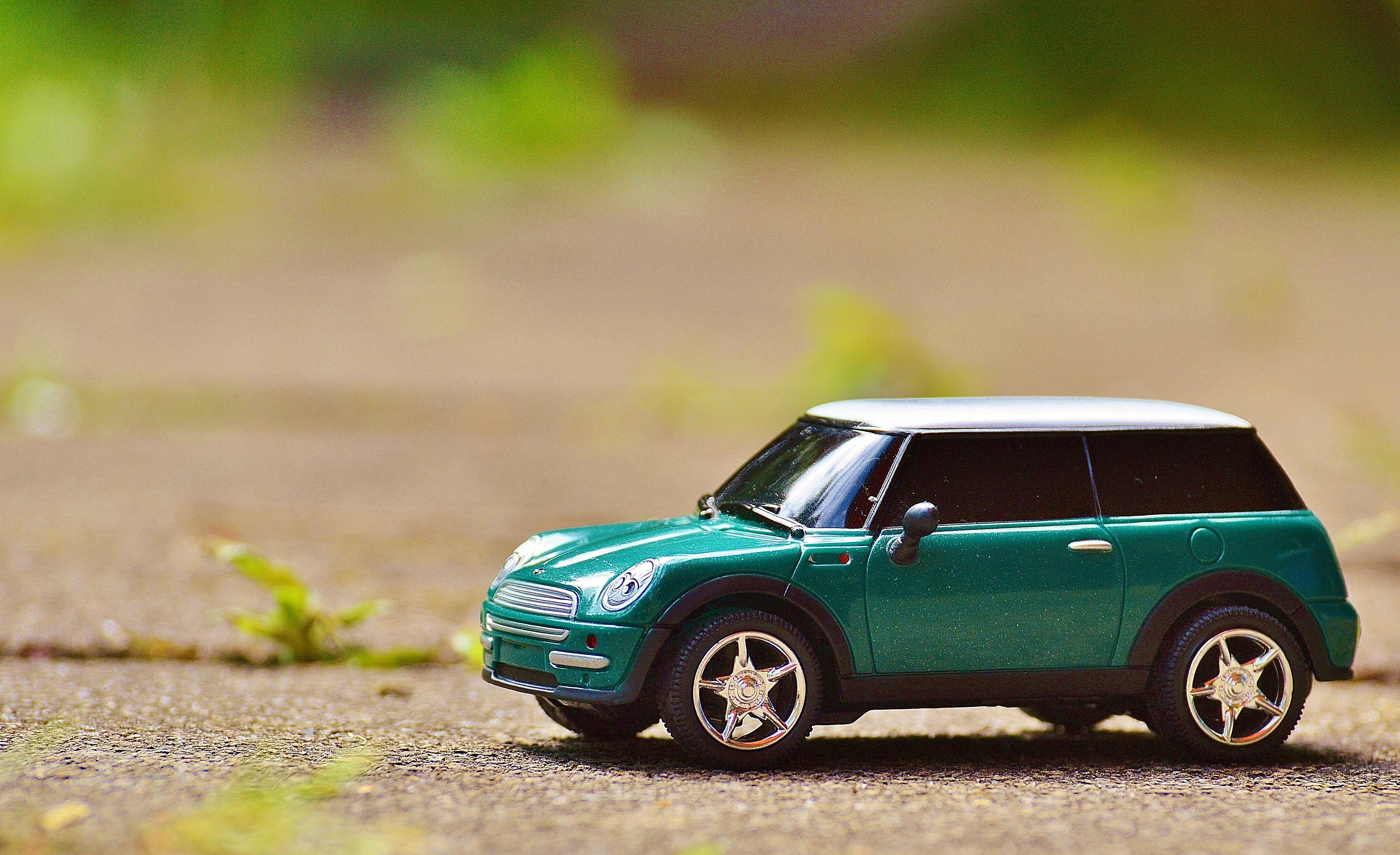
Passions never grow old
I grew up as a very curios kid, with my hands and mind always busy solving some non existent problem. I loved understanding the mechanism of the toys and their misteries. One of the memories I am most attached to comes from in a little village next to my home town were we used to go for vacations with my family. There I learned the basic of physics and problem solving. The problem that I was (surely) called to solve was to facilitate my mother with the retrieval of clothspins when they accidentally fell from the hanger. As you can imagine, I felt the responsibility of contributing to my family in the way I felt was more appropriate. Luckily for me, at that time I was getting familiar with magnets, but the real trick was completed by the rest of the architecture. A small toy car attached to a light rope controlled by my tiny hands from the balcony was the end-effector of this primitive retrieval tool. I was able to retrieve the clothspins from the ground and bring them back to my mother.

Years passed by but the curiosity didn't and I started to get familiar with computers. We had one of those 56Kbits modem and I clearly remember my mind attempting to estimate a successful connection from the sound pattern.
I moved to Siena at the age of 20 for starting the bachelor in Management Engineering, completed it succesfully and started the master in Computer and Automation Engineering at the age of 24.
I had discovered a new world.
For my master thesis I got the opportunity to work closely with Disney Research Zurich, where I worked on a project that was later presented at the ICRA 2019 where it won the Best Paper Finalist Award on Human-Robot Interaction track.
Years went by, I accepted the unknown. I moved to Munich for a research assistant position at the Technical University of Munich, where I worked on the development of a new generation of hands for robots, that can be used in across different environments.
My curiosity led me to explore the industrial world of robotics, where I helped two organizations to 1) improve the navigation stack of an indoor mobile robot, and 2) to support the way manipulators can see their environments with edge-cutting vision technologies.
Fast forward to today, I am a PhD student at the University of Naples Federico II, working on the development of a new generation of social robots that can swiftly understand social context and adapt their behavior accordingly.